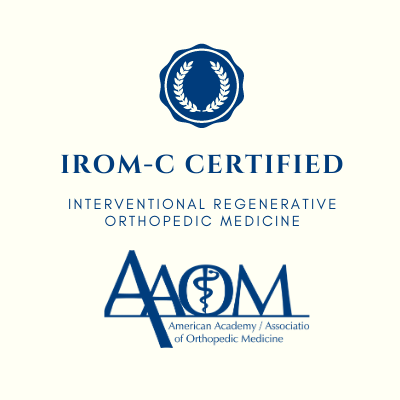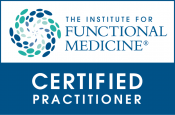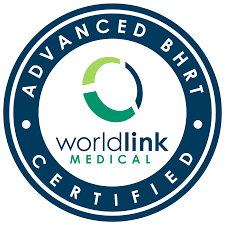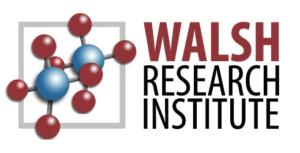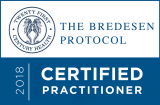IV Therapy Treatment
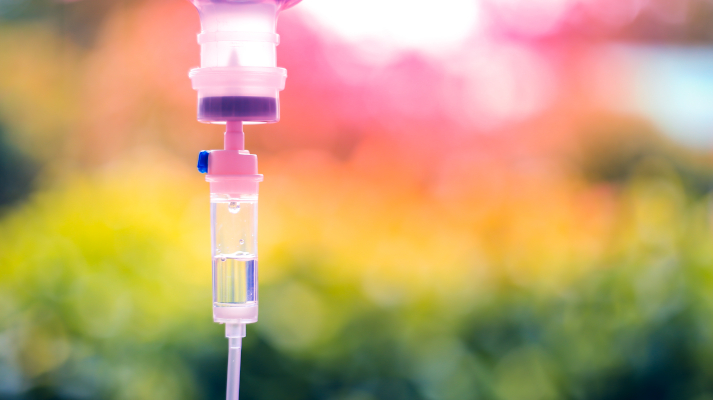
TLC The Littleton Clinic has introduced IV therapy as a treatment to replenish and restore depleted nutrients, vitamins, minerals, and amino acids.
The best way to get necessary nutrients is through a healthy diet rich in a variety of fruits and vegetables. Our body most efficiently knows how to utilize the nutrition in healthy food. It is very important to eat a variety of vegetables because different types of fiber are how we support a healthy microbiome in our gut. There are many ways we fail this system:
- Not taking the time to prepare healthy meals.
- Being dependent on quick, easy to fix processed foods, or eating fast foods.
- Many people are addicted to sugar and carbohydrates.
Eating poorly lends itself to nutrient deficiencies.
Even when you try to eat healthy, the nutrient content of food has decreased over the last 100 years.
A Kushi Institute analysis of nutrient data from 1975 to 1997 found that average calcium levels in 12 fresh vegetables dropped 27 percent; iron levels 37 percent; vitamin A levels 21 percent, and vitamin C levels 30 percent.
Oral supplements can alleviate some of what is missing. However, TLC has introduced IV therapy as a method to address the deficiencies more quickly and efficiently.
With IV therapy:
- Vitamins can be replenished without relying on the digestive system.
- It is possible to obtain higher levels than is possible with oral supplements.
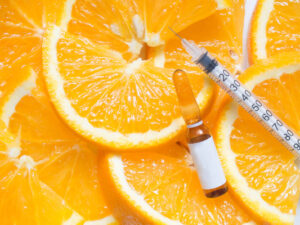
The benefits of IV Vitamin C are a great example.
Linus Pauling did studies in the 1970s indicating Vitamin C decreases the duration and likelihood of the common cold. Higher dose IV vitamin C is being used to treat sepsis in ICU patients and help pneumonia patients. Studies on COVID 19 showed Vitamin C may improve the immune response to viral infections through the stimulation of the proliferation and function of T-lymphocytes and NK-lymphocytes, and the production of interferon.
Vitamin C is very safe. Long term high dose use may increase oxalates in people with higher kidney stone risk. Patients with glucose 6-phosphate dehydrogenase (G6PD) deficiency should not receive Vitamin C over 10 gm. Blood tests are available to measure G6PD levels.
For more information on the types of IV therapy offered at TLC, click here:
IV Therapy Options at TLC
Call now to find out if IV Therapy is right for you.
References:
Leichtle, S.W., Sarma, A.K., Strein, M. et al. High-Dose Intravenous Ascorbic Acid: Ready for Prime Time in Traumatic Brain Injury?. Neurocrit Care 32, 333–339 (2020). https://doi.org/10.1007/s12028-019-00829-x
Scheer, R, Moss,D. Dirt Poor: Have Fruits and Vegetables Become Less Nutritious? Scientific America 4/27/2011. https://www.scientificamerican.com/article/soil-depletion-and-nutrition-loss
Hemilä H, de Man AME. Vitamin C and COVID-19. Front Med (Lausanne). 2021 Jan 18;7:559811. doi: 10.3389/fmed.2020.559811. PMID: 33537320; PMCID: PMC7848027.
Hemilä, Harri, and Elizabeth Chalker. “Bias against Vitamin C in Mainstream Medicine: Examples from Trials of Vitamin C for Infections.” Life vol. 12,1 62. 3 Jan. 2022, doi:10.3390/life12010062
Miranda-Massari JR, Toro AP, Loh D, Rodriguez JR, Borges RM, et al. The Effects of Vitamin C on the Multiple Pathophysiological Stages of COVID-19. Life (Basel). 2021 Dec 3;11(12):1341. doi: 10.3390/life11121341. PMID: 34947872; PMCID: PMC8708699.




